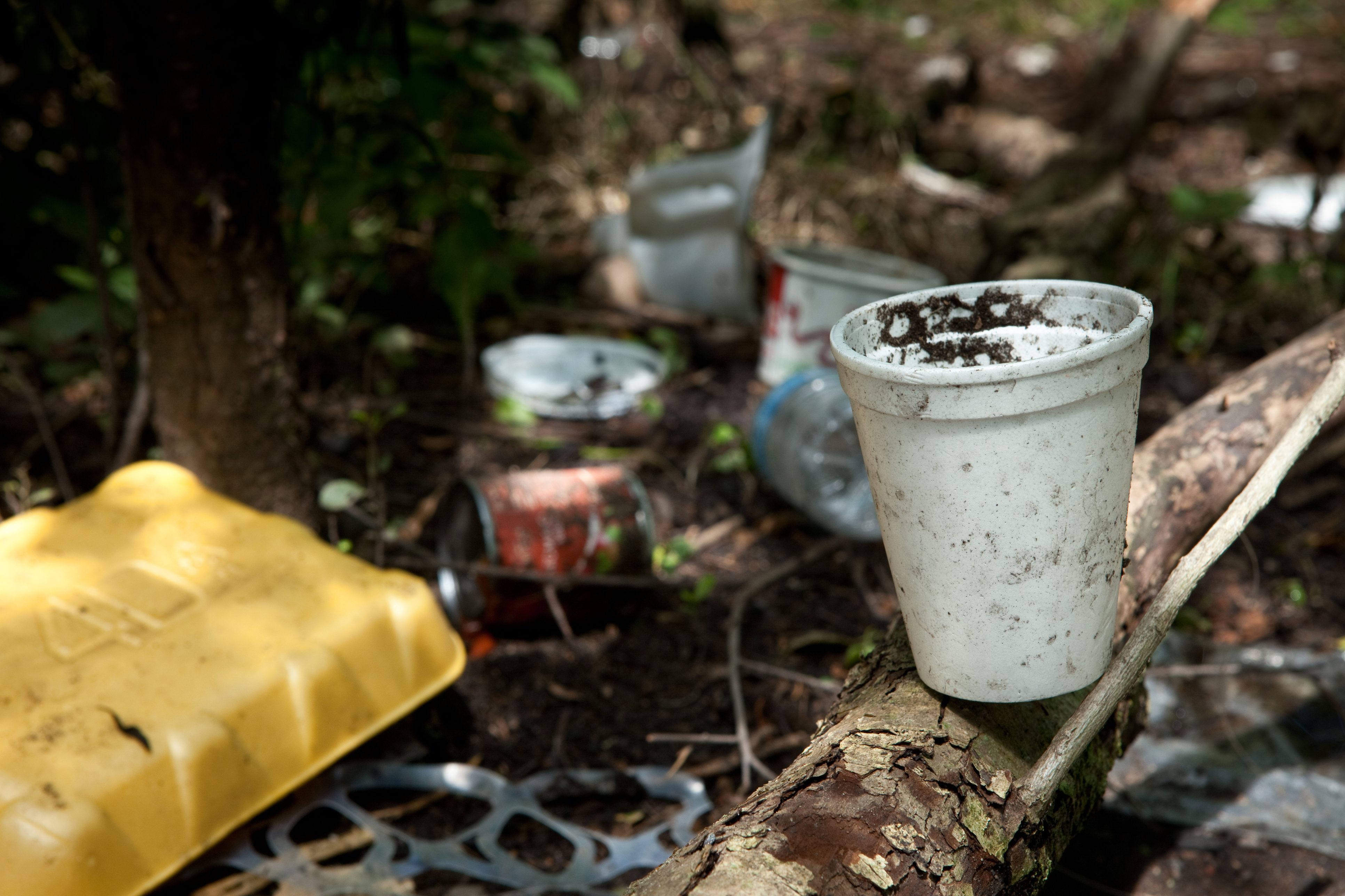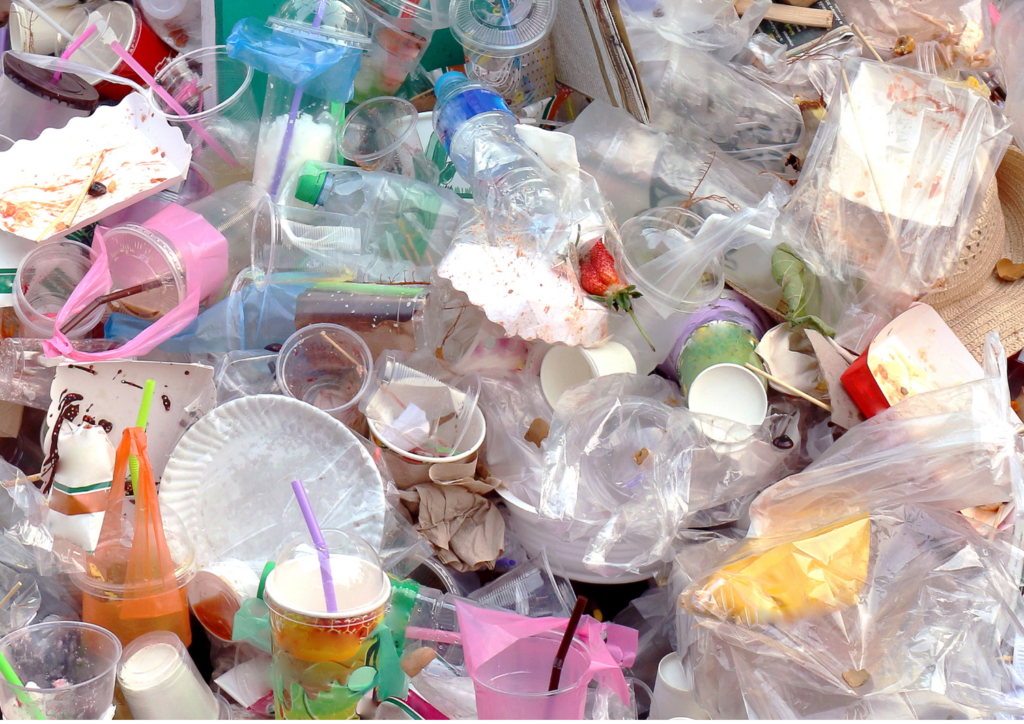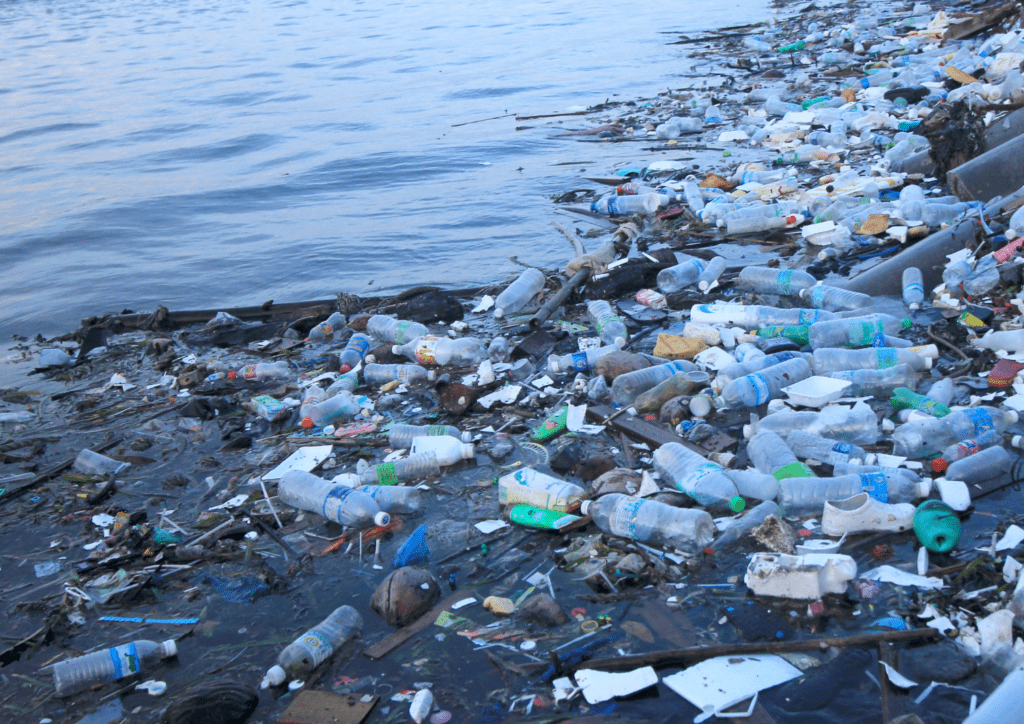Finally, some good news! On Wednesday, the European Parliament voted overwhelmingly in favour of a sweeping new plan to deal with plastics across the EU. Then, on Thursday, the Netherlands joined the nine other countries and 20 major companies which have signed on to the G7 Ocean Plastics Charter.
Although it still has a little way to go before it becomes law, the EU’s announcement is actually a pretty big deal. The Canadian Government should be reading it closely. To start things off they’ve voted to ban a whole heap of unnecessary single-use “throw away” plastics as soon as 2021. This includes things like plastic cutlery and plates, straws and coffee stirrers, and Styrofoam takeout containers – which there are many good reasons to support banning here, too.
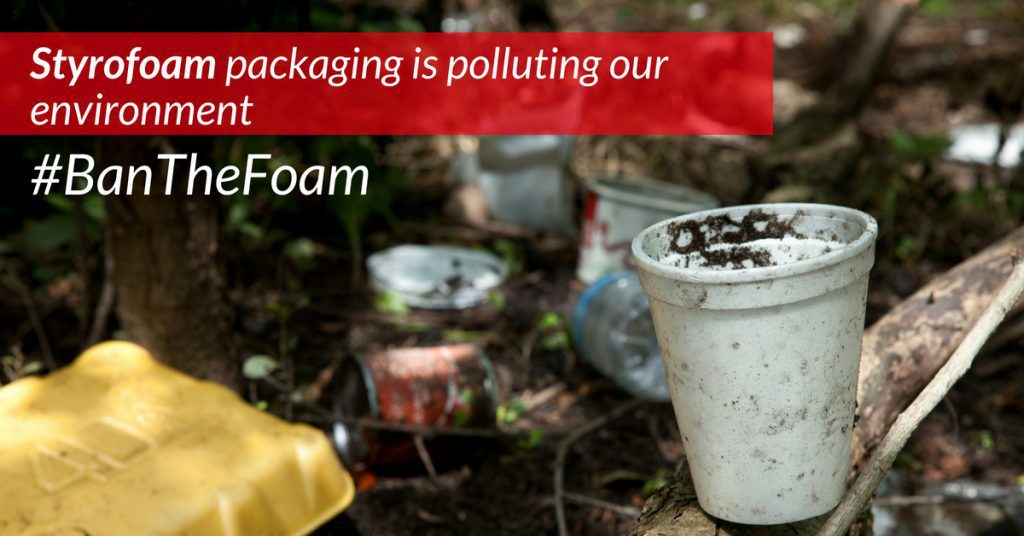
Beyond the ban
But they’ve gone a lot further than just bans. This plan includes regulations that would start building a circular economy, something Canada desperately needs too. First, they’ve agreed to set the ambitious target to recycle 90 per cent of other plastics like water or pop bottles by 2025. And, new products will have to include a minimum of 35 per cent recycled plastic content, to reduce the amount of new raw materials being pulled out of the ground and put onto store shelves.
The EU has also begun making some producers responsible for cleaning up their own mess. This is a big one. Why shouldn’t tobacco companies, big bottlers, or plastic cup manufacturers foot some of the bill for the massive waste management problems they’ve created?
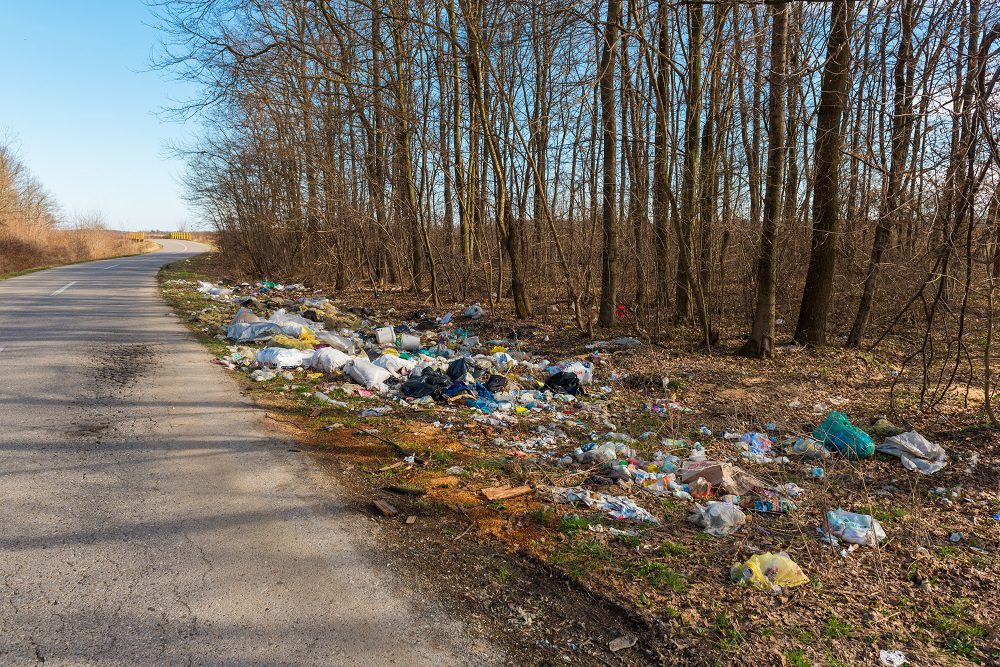
If you’ve been following our campaign for a while, some of this might be starting to sound eerily familiar. And it should; this plan hits a lot of the key notes that we’ve been asking the Canadian Government for as part of our Towards a Zero Plastic Waste Canada Declaration. The EU has taken the lead. Now it’s Canada’s turn.
Over to you, Canada
In less than a month, the Canadian Council of Ministers for the Environment will meet in Ottawa to hash out the details of our long-awaited national plastics strategy. This is our chance to pull together a plan of our own, and it needs to be just as ambitious, just as timely, and just as comprehensive as the one we’ve seen out of Europe.
You can help make sure that happens – sign and share our petition asking the federal government for a strong national plastics strategy.
The good news is that Canada has already committed to a few targets like these in the G7 Ocean Plastics Charter which they championed earlier this year, and which the Netherlands have just joined. The Charter text was a little more vague, but committed members to “significantly” reduce single-use plastics, and reuse or recycle 55 per cent of plastic packaging by 2030. Countries were then asked to work these commitments into their national strategies.
As an original signatory of the Charter, the EU seems to have upheld their end of the deal, and then some. Let’s make sure Canada shows the same leadership.



